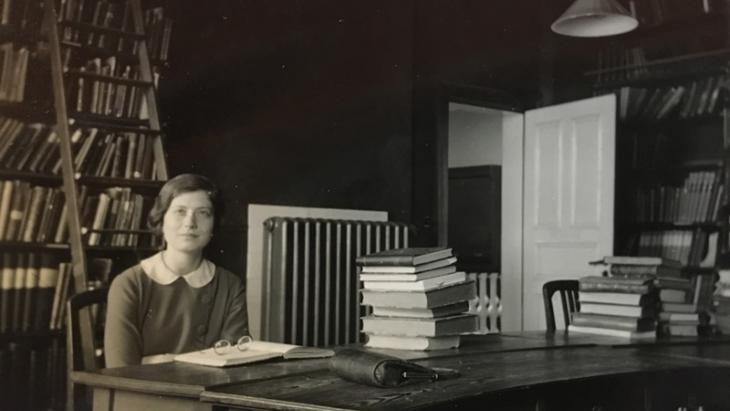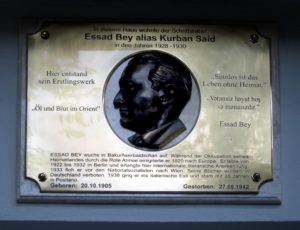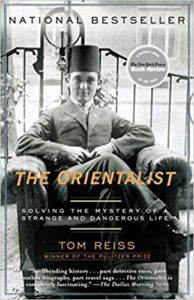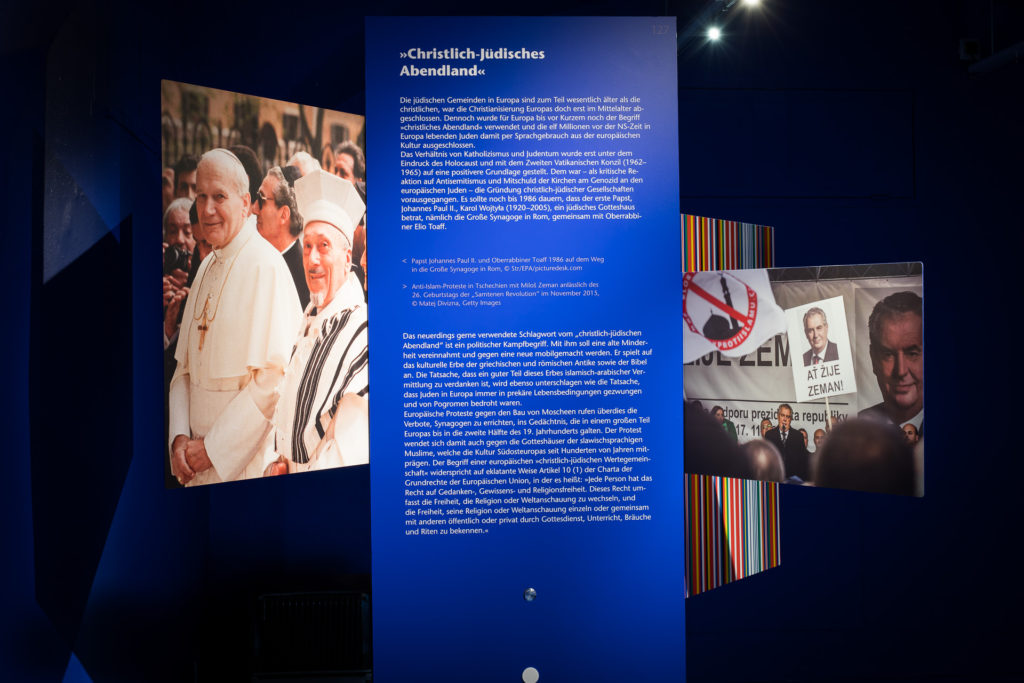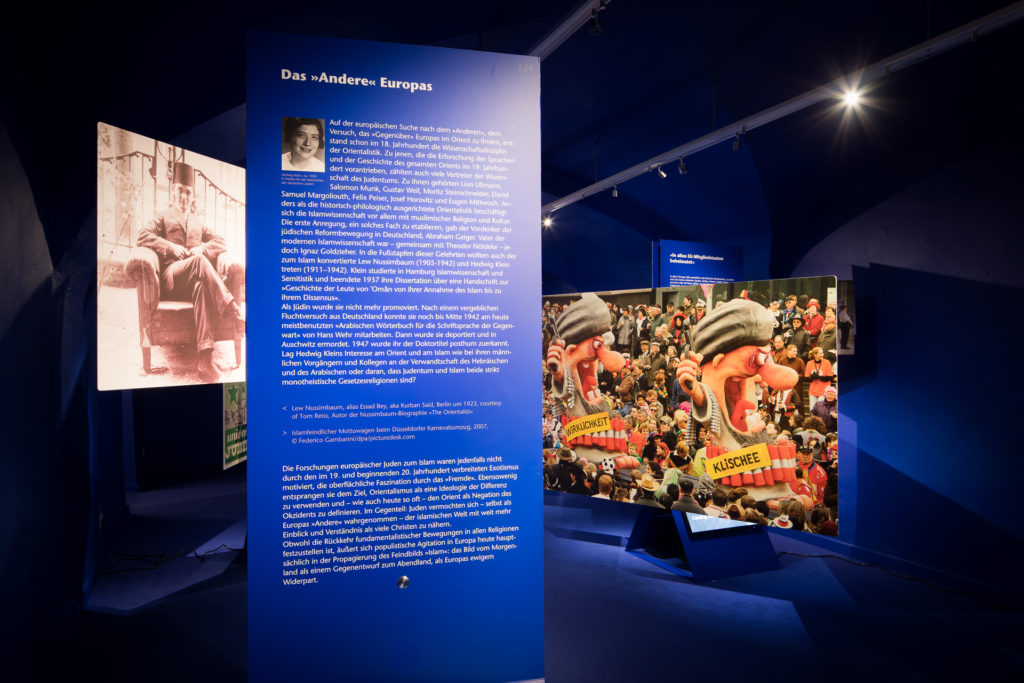European Diary, 28.9.2020: Do you know this joke? Mayer, a Viennese Jew, wants to travel. At the train station in Vienna, already on the platform, he realizes that he still has to go to the toilet. He asks around: “Excuse me, can you tell me, are you anti-Semitic?” “Me? Well, that’s an insinuation. I love the Jews.” “Okay, You obviously can’t help me.” And he turns to the next one: “Excuse me, are you anti-Semitic?” “Well, really, not at all. I love Israel, such a wonderful country, fighting against those…” “Let it go.” And again he turns to the next one. “Please, can you tell me, are you anti-Semitic?” “How not! Of course, Jews rule everywhere, even the weather…” “Thank you, you are at least honest. Can you watch my suitcase for a minute?”
Austria’s “Integration Minister” Susanne Raab loves it, Germany’s AfD loves it, Viktor Orbán loves it, Identitarians love it, Chancellor Sebastian Kurz loves it, the German CSU loves it, Steve Bannon, Donald Trump and Martin Engelberg love it: the “Christian-Jewish Occident”. HC Strache even loves the “Christian-Jewish-Aramaic heritage”. But hardly anyone is interested in that anymore.
I don’t remember exactly when the Jewish-Christian dialogue, that began in the 1950s under the impression of the Shoah – and the critical reflection among Christians – was taken up by the slogan of the “Christian-Jewish Occident”.
In Germany, this was already being talked about more and more often in the late 1990s. The Enlightenment and the Greek heritage were also frequently invoked. The only thing missing in this talking was Islam. As if it had not been Islamic philosophers in the Middle Ages who had a decisive contribution to Europe’s rediscovering of its Greek heritage in the Middle Ages. One could not avoid the impression that this void in public identity rhetoric was the only real thing about this discourse.
In 2010 the slogan of “Christian-Jewish Occident” also arrived in Vienna. Martin Engelberg, editor of a “Jewish” magazine and now a conservative (that is – in Austria – for the time being right wing populist) member of the Parliament and “Israel expert” of the Chancellor, invoked the “Judeo-Christian heritage” and the notion of a “common Jewish-Christian community of values” (after 1000 years of Christian persecution of Jews). And he warned against Muslim immigrants.
In the meantime, talk of “imported anti-Semitism” has become commonplace and serves not at least as justification for racist, xenophobic, Islamophobic asylum and migration policies.
And it serves as a distraction from everything that does not fit into this world view of essentialist identities. The greatest danger for Jews in Austria and Europe in fact still emanates from right-wing extremists, even if many Islamists make a successful effort to learn from them. Even in the everyday life of the middle classes and bourgeois circles, the so-called middle of society, Jews still have to listen to cultivated resentment about Jewish influence on this or that.
More than ever before, the most intimate friends of Israeli politics – from Victor Orbán and Matteo Salvini to Marie le Pen, to the right-wing populists of the Netherlands, Belgium, and most Eastern European countries – are always capable of rough-caliber anti-Semitic rides. That is in effect, when it is not about Israel, the Jews in the Middle East, who, as vanguard of the “Occident,” are expected do the dirty work for Europe and the United States, and are supposed to receive the blows for it.
Jews all over the world instead defend their right to live in open societies, in which it is not ethnicity or religion that decides whether one enjoys civil, political or social rights.
Thus, as a Jew, one has to deal with the fact that Israel, of all countries, as a “Jewish state” is now being misused by the nationalists of this world as a justification for their own racism, and is happy to be used.
And thus one now is faced with a strange constellation of ardent anti-Semites and fanatical “friends” of Israel: more and more often the same people.
The “fight against anti-Semitism”, which the current Austrian government has written in full in its program, and even more so the commitment to Israel as a “Jewish state”, is in reality not directed against anti-Semitism at all, but against everything that can be interpreted as “too far-reaching” criticism of Israel. Is it Austria actually that decide whether Israel defines itself in terms of ethnic-religious or secular pluralism?
In the name of the “Christian-Jewish Occident”, this naturally affects not only Muslims, who – like Christian fundamentalists – get stirred up to the “fight for Jerusalem”, but at least as often it is directed against Jews, i.e. the “right ones”. Cosmopolitan Jewish Intellectuals, or even critically minded Israelis. Orbán has demonstrated this most vividly. Advised by his friend Benjamin Netanyahu, he cemented his power with a campaign against the “Jewish world conspiracy” of George Soros, who would try to flood Europe with Muslim immigrants.
In Germany, one can observe the beneficial activity of a state sponsored “commissioner against anti-Semitism” for quite some time. In the meantime, he denounces so-called “left-wing liberal” critics of his politics (most of them Jewish and Israeli intellectuals) as latently violent “anti-Semites”. We will certainly get such specialists in Austria soon.


